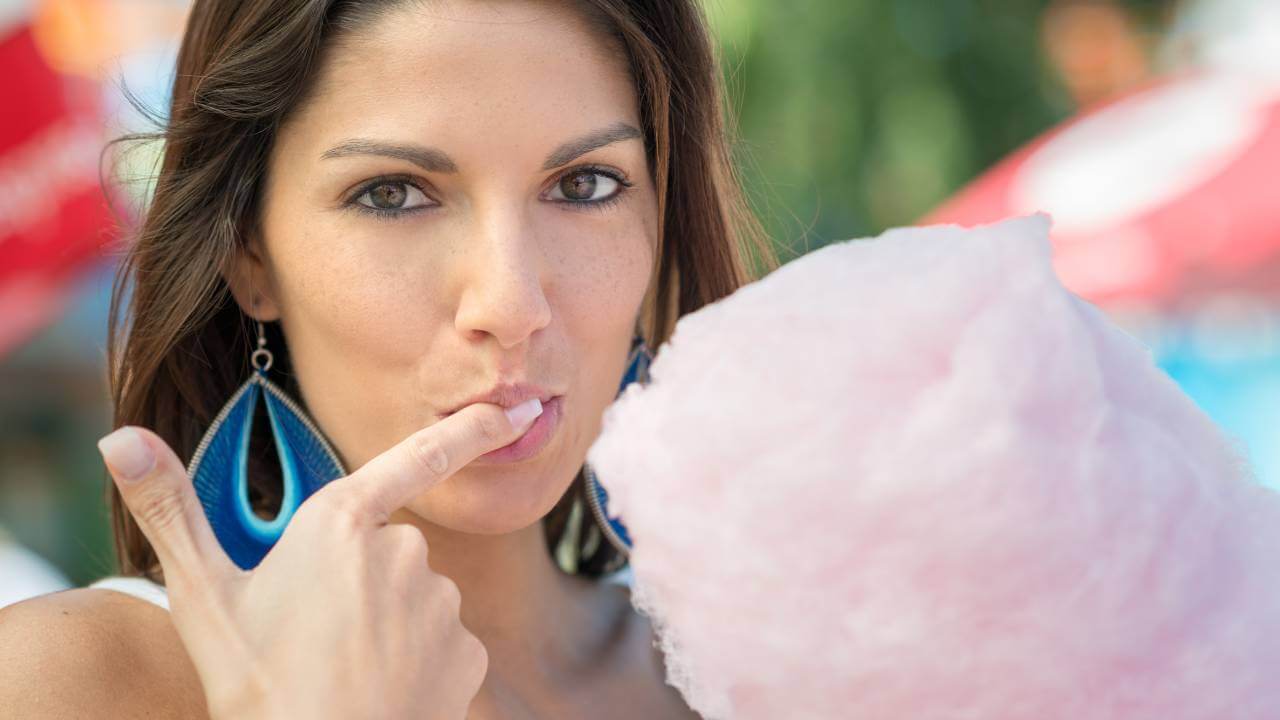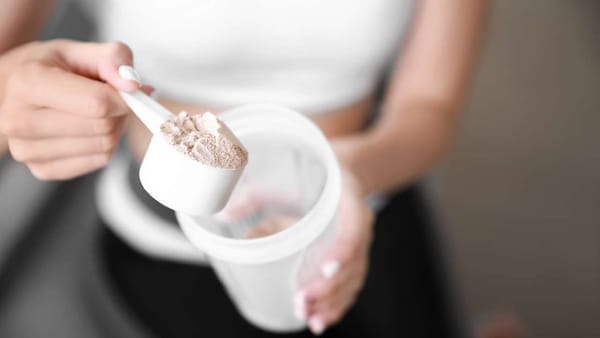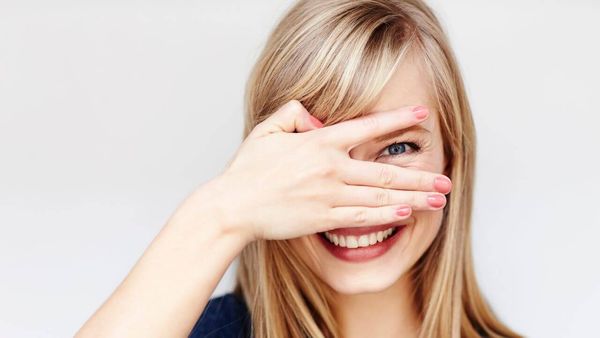What is Glycation | Causes | Signs & Symptoms | Prevention | Reversing Glycation | The Final Mention
Tired of looking in the mirror and seeing dull, dry skin?
Glycation is a complex process that happens when sugar molecules adhere to proteins in your skin. This causes expression lines, wrinkles, age spots, and other visible signs of aging. But don’t worry – there are ways to fight back against this pesky problem!
With the right products and lifestyle changes, you can reduce the glycation process and restore your youthful glow. You don’t have to accept that dull complexion as inevitable anymore – you can take control of your skin health with just a few simple steps.
Keep reading to learn more about glycation, what causes it, and what you can do about it today!
What is Glycation?
Glycation is a naturally occurring process that happens in the body when free amino groups (nucleic acids and proteins), and lipids (fat molecules) come in contact with sugar (glucose and fructose) to form non-enzymatic bonds. When cellular and extracellular proteins combine they form harmful compounds called advanced glycation end products, also known as AGEs.
When these AGEs in the skin gather around the collagen and elastin proteins, it can cause wrinkles and make your skin look saggier and a bit discolored. But it doesn't stop there – those negative AGEs could hinder the performance of normal cells throughout the body causing an inflammatory responce that could potentially lead to the hardening of arteries, the thickening of blood vessels, and a greater risk of cardiovascular disease.
What Causes Glycation?
The glycation process can be accelerated by exposure to certain lifestyle factors, leading to impaired skin barrier function and unwanted premature skin aging. Common causes of glycation include the following:
1․ Smoking
Smoking is one of the most commonly known lifestyle factors that can accelerate the aging process and cause advanced glycation end products, especially in diabetics. This happens because smoking damages proteins and fats in the body, leading to AGE formation, which causes glycation. When you smoke, your body is exposed to many toxic chemicals that can increase sugar levels in the body, leading to premature skin aging and other potential diabetic complications.
2․ Drinking Alcohol
Alcohol consumption increases the amount of sugar in the body, leading to more AGE formation. As alcohol gets metabolized by our bodies, it is broken down into acetate and other compounds, which can then be converted into glucose and other simple sugars. This increases sugar levels in the body, leading to the formation of advanced glycation end products and premature skin aging.
3․ Sun Exposure
Sun exposure can damage the proteins and fats in your skin, leading to aging skin. This happens when the sugar molecules in your body bind to important proteins and fats in your skin, causing them to become stiff and less elastic. As a result, your skin starts to wrinkle, sag and may become discolored. In addition, sunlight also increases the inflammatory process and the production of free radicals due to oxidative stress that can further accelerate the process of skin aging and hyperpigmentation.
4․ High Sugar Diet
A diet high in refined sugars like high fructose corn syrup can cause a spike in blood sugar levels, which then leads to a glycation reaction. Similarly, eating a lot of foods that have a high glycemic index can also have the same effect on your body.
5․ Food Preparation
The Maillard reaction is a chemical reaction that occurs when sugars and amino acids (proteins) are heated. This happens during the cooking process which causes AGEs to form. Foods that are fried or grilled at high temperatures are more likely to cause the Maillard reaction and contribute to the glycation process.
6․ External Factors
Exposure to environmental toxins and pollutants can also contribute to the formation of AGEs and premature aging. These toxins can increase the number of sugar molecules in our bodies, leading to glycation.
7․ Stress
Stress is a major contributor to glycation and premature aging because it increases the glucose levels in our bodies. When we are stressed, our body releases hormones such as cortisol which can increase levels of glucose and other simple sugars that can then be converted into AGEs, accelerating the aging process.
8․ Lack of Sleep
Lack of sleep has a huge impact on our body's functions and can lead to glycation. When we don't get enough sleep, our bodies start to produce more cortisol, which in turn increases sugar levels in the body. When this happens, it can result in increased AGE accumulation, leading to glycation and premature aging.
9․ Lack of Exercise
Exercise plays an important role in keeping our bodies healthy and can help fight glycation and other chronic diseases. When we exercise, our bodies use carbohydrates as fuel which prevents the buildup of glucose in our bodies, thus preventing AGEs from forming.
Glycation causes premature skin aging from some of the lifestyle choices we make. From smoking and drinking alcohol to failing to get enough exercise or beauty sleep, all of these factors can contribute to the formation of AGEs.
Signs and Symptoms of Glycation
Advanced glycation end products (AGEs) can have bad consequences for our skin health. The symptoms might not always be easy to see, but it is important to know the signs. If you think protein glycation might be happening in your body, take action.
Common Signs Include:
- Wrinkles
- Sagging Skin
- Dullness or Discoloration
- Age Spots
- Dryness
- Loss of Skin Elasticity
If you are experiencing any of these symptoms then it's time to make some changes to protect yourself from the damaging effects of glycation on healthy skin.
How to Prevent Glycation
Now that you understand what causes glycation, let's take a look at how you can prevent AGE formation or keep it from getting worse.
First and foremost, it's essential to eat a healthy diet that is low in processed, refined sugars. Reducing sugar intake while eating plenty of fruits and vegetables will control your blood sugar levels and minimize the number of glycated collagen and elastin proteins in your body.
Additionally, avoiding or quitting smoking and limiting alcohol consumption can significantly reduce the risk of glycation. Finally, regular exercise helps to keep our bodies healthy and prevents the buildup of glucose in our system. So, get moving!
By following these tips, you can help prevent glycation and keep your skin firm and looking its best. However, if you are already seeing signs of skin aging, there are treatments available that can help minimize the effects of glycation.
If you are concerned about your skin health, talk to a dermatologist or aesthetician who can help you find the right skincare routine for you.
How to Reverse Glycation
Glycation is the leading cause of premature skin aging, but luckily there are skin care products available to help combat its effects.
Whether you're looking to prevent or reverse the damage caused by glycation, there's something for everyone in the world of anti-aging skin care.
- Vitamin C- Vitamin C is an antioxidant that helps protect against free radical damage which can contribute to glycation. Its powerful antioxidant properties help to reduce inflammation, minimizing age spots and wrinkles associated with glycation.
- Retinol- Retinol is a derivative of vitamin A and has been shown to minimize the signs of glycation. It helps reduce wrinkles, age spots, and other signs of skin aging associated with glycation. Additionally, retinol helps stimulate collagen production for a more youthful appearance.
- Hyaluronic Acid- Hyaluronic acid is another ingredient that can fight glycation by keeping the skin hydrated to reduce the appearance of wrinkles and other signs of skin aging. Additionally, hyaluronic acid protects against free radical damage that can contribute to glycation.
- Broad Spectrum SPF- Using a broad-spectrum sunscreen will help protect sun exposed skin from the damaging effects of UV radiation that causes premature skin aging. Additionally, sunscreen helps prevent age spots and wrinkles caused by the sun’s harmful UV rays.
- Collagen Supplements- Collagen is a protein that helps keep our skin firm, elastic, and wrinkle-free. Taking type III collagen supplements to prevent collagen deficiency has been known to help improve skin health, and reduce wrinkles and other signs of aging associated with glycation.
By adding these anti-glycation skin care products into your routine, you can help reduce the signs of premature aging and keep your skin looking its best. Talk to a dermatologist or aesthetician to find out which products may be best for you.
The Final Mention
Glycation is an unavoidable part of aging, but it doesn't have to take control. It's important to remember that prevention is key when it comes to protecting yourself from AGEs.
Eating a healthy diet low in processed sugars, exercising regularly, avoiding smoking, and limiting alcohol consumption are all great ways to minimize exposure to things that might contribute to this natural process.
But if you do find yourself experiencing signs of premature aging due to glycation, don't worry! These days there are plenty of ways to fight back and restore your skin's health.
From vitamin C and retinol to hyaluronic acid and collagen supplements, there are a variety of anti-glycation skincare products available that can help you reduce the signs of premature aging.
So don’t let glycation get the best of your skin – arm yourself with knowledge and start fighting back today!
Remember to Share This Post & Join the Community by Signing-up for Free ─ We Would Love to Hear from You in the Comment Section Below!









